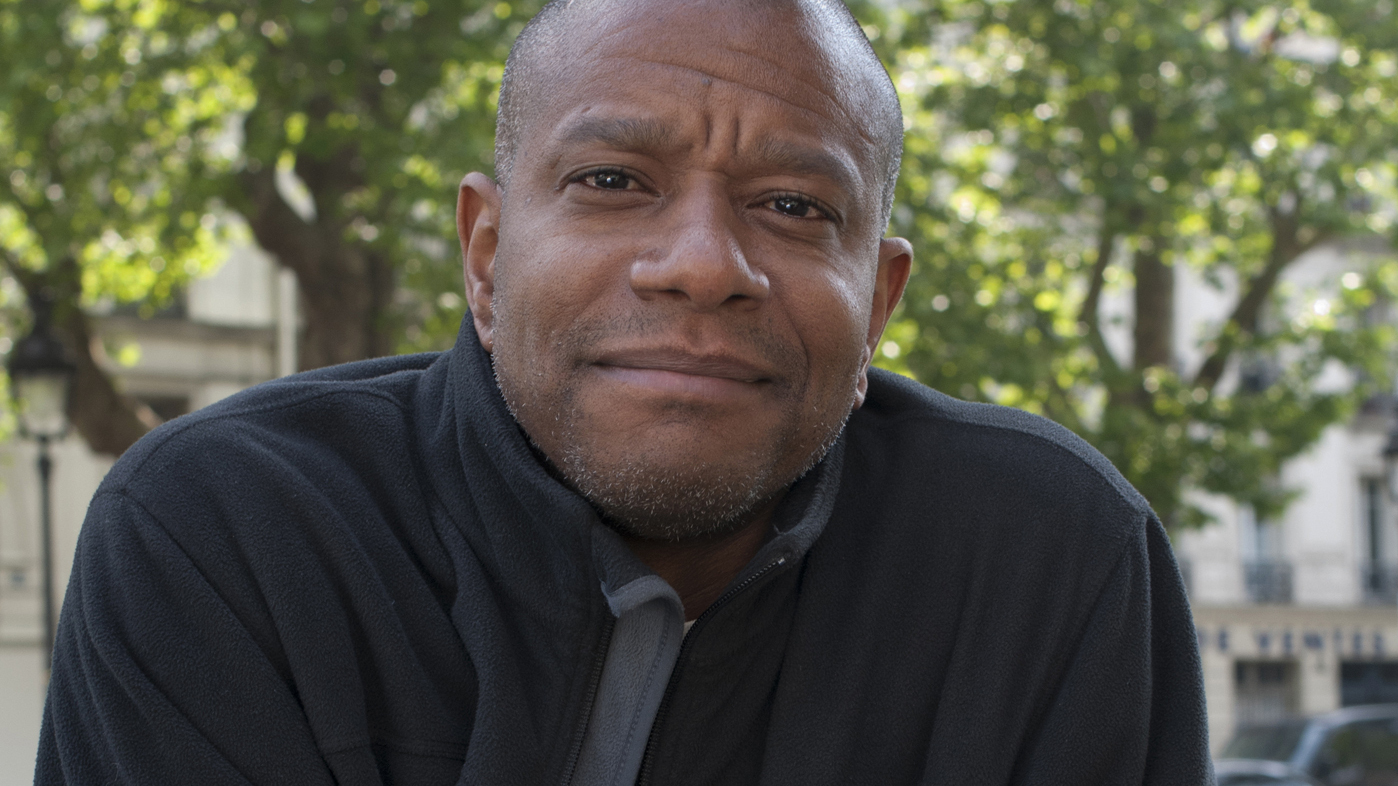【sex video on tumblr】
“Happy as Hell,sex video on tumblr” and Other News
On the Shelf

Paul Beatty.
- With his novel The Sellout, Paul Beatty has become the first American ever to win the Man Booker Prize. “I don’t want to get all dramatic, like writing saved my life … but writing has given me a life,” he said at a press conference, where he described himself as feeling “happy as hell.” Chris Jackson interviewed Beatty for the Dailylast year. “I hope that in my audience of weirdos, there’s some of those people of all races,” he said. “As people of color, as black people, we all have to have this ability to speak these different languages and make these different references—we don’t have to have it, but it helps. So for me, it’s still all in one big thing, and these cultures overlap more than they ever have. You know, in the 1970s people wanted this ‘authentic angry’ stuff that was still directed at them but in a weird I-want-to-slit-your-throat way. I’m not saying those people aren’t a part of my audience. I’m just yelling. I know their ears will hear. But I’m hoping there are a ton of ears out there that hear. I’m trying not to yell in one direction, even though I can’t really help but to do that.”
- The last time I listened to the voices in my head, I wound up causing seven figures of property damage, inventing a new way to violate the Geneva Conventions, and becoming a father. Why? Charles Fernyhough’s new book, The Voices Within, addresses the vagaries of self-conversation, but in Casey Schwartz’s summation, it’s too vast a subject for a single volume: “Inner voices are a facet of ordinary life: They grumble and chastise and offer up opinions, though to what extent differs from one person to the next. Fernyhough starts to ask questions: How and when did these voices first enter our heads? Do young children hear voices the same way adults do? What distinguishes the inner voices that we all hear from the auditory hallucinations of schizophrenia? What is the relationship between pathological hallucinations and the exalted experiences described by medieval mystics, who believed they were hearing the voice of God?”
- We’ve talked T. S. Eliot’s poems to death. It’s time to look instead at his beauty regimen: “Virginia Woolf, vexed by the poet’s appearance in 1922, noted in her diary: ‘I am not sure that he does not paint his lips.’ Meanwhile, Osbert Sitwell was ‘amazed to notice on his cheeks a dusting of green powder—pale but distinctly green, the colour of a forced lily-of-the-valley. I was all the more amazed at this discovery, because any deliberate dramatization of his appearance was so plainly out of keeping with his character, and with his desire never to call attention to himself.’ ”
- Elizabeth Newton on giving credit and taking credit: “Citation is, first and foremost, a method of attachment. Through reference, we stitch ourselves into networks of thought. Online, these attachments might manifest as friendship, fandom, nepotism, or, not uncommonly, as self-promotion. This makes it seem like online references are more personal than offline ones. But maybe digital practices like humble bragging, name-dropping, and other conspicuous performances of self simply draw attention to the fact that print citations themselves have never been objective and value-neutral, just more opaque. Citation has been expressive all along, articulating desires for continuity and belonging.”
- How on earth is anyone supposed to write decent fiction about our present political moment? Thomas Mallon is trying to figure it out: “E. M. Forster memorably said that ‘the test of a round character is whether it is capable of surprising in a convincing way.’ Trump cannot surprise in any way; he is a flat character, and to put him in charge of any stretch of a novel, the way a point-of-view character is by definition in charge, would be as irresponsible as putting one of his small fingers on the nuclear button. In truth, I don’t see him functioning as a character of any kind in this novel; he would operate more as a looming anal face, like Dr. T. J. Eckleburg’s eyes, hovering over the valley of ashes, in The Great Gatsby, or simply as his own late-nineteen-nineties billboard near the Lincoln Tunnel.”





Related Articles